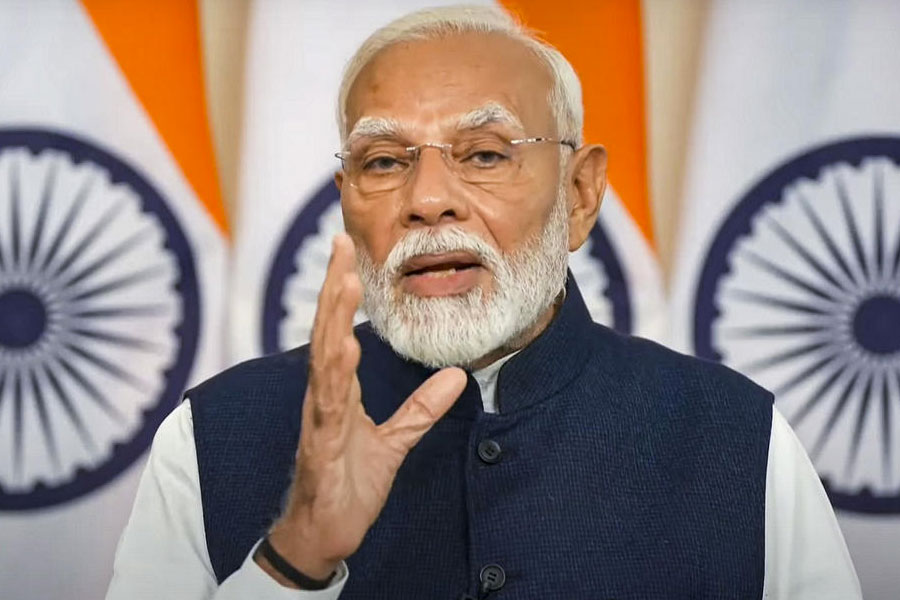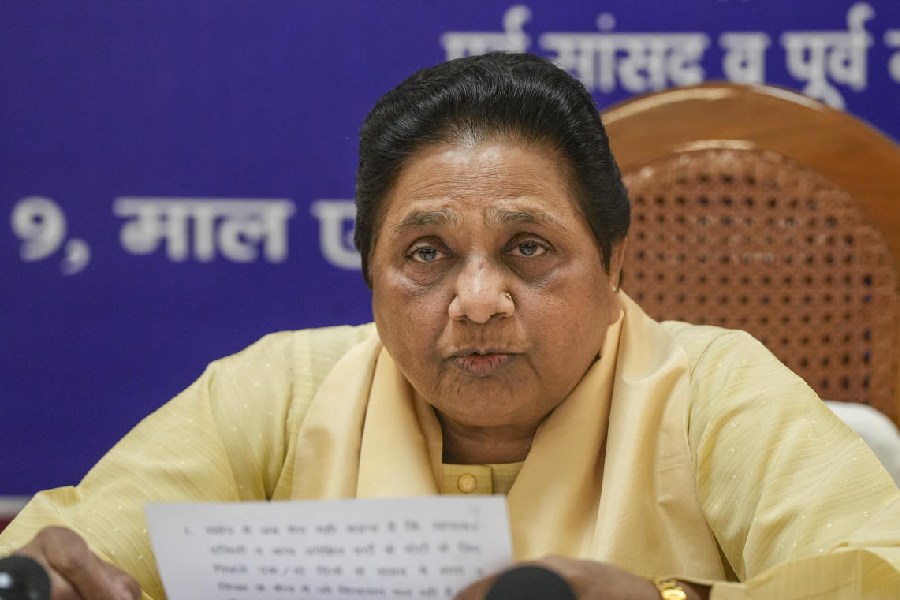The line separating the proverbial Church and the State must be inviolable. That is a precondition for the State, especially a secular, democratic State, to function in an unprejudiced manner. But Narendra Modi’s government has now decided to do away with this necessary guardrail. Through a seemingly innocuous directive, the Centre has lifted a 58-year-old ban that had wisely prohibited government employees from participating in activities of the Rashtriya Swayamsevak Sangh. The stricture had been placed on account of the RSS’s chequered history. The ideological fountainhead of the sangh parivar has been banned thrice — M.K. Gandhi’s assassination, the Emergency, and the destruction of the Babri Masjid being the three instances — in independent India’s history, with the first and the third events exposing the RSS’s complicities in disturbing ways. Moreover, the organisation’s commitment to a majoritarian ethos in violation of India’s constitutional vision of pluralism strengthened further the need to insulate the State and its personnel from the RSS’s reach. The crumbling of this distance is likely to have serious implications. For instance, the rupture of the wall between the government and the RSS would, in all likelihood, give the latter unprecedented access to the policy-making processes. This, in turn, would have serious repercussions on the future direction of the republic.
The mingling of the Church and the State in this instance has been, as is often the case, necessitated by political compulsions. There are whispers that Mr Modi’s unilateral leanings placed him and his government in the crosshairs of the RSS. Given the moderate success of the Bharatiya Janata Party in the last general election, there is reason to interpret this move as a conciliatory gesture on the part of Mr Modi vis-à-vis a sullen RSS that is approaching its centenary year. But all this should not deflect public attention from a question of fundamental import. In the office memorandum of 1966, the then Union home ministry had invoked the provisions of the Central Civil Services (Conduct) Rules, 1964 which stipulated that government servants cannot be associated with political outfits and entities engaged in political activity. The sangh parivar argues that the RSS is a cultural organisation. But would the BJP’s stupendous electoral success, especially in its early years, have been possible without the RSS’s subterranean outreach to the masses? The fractious debate about the RSS’s covert political activities will only be prolonged after this order by the Centre.










